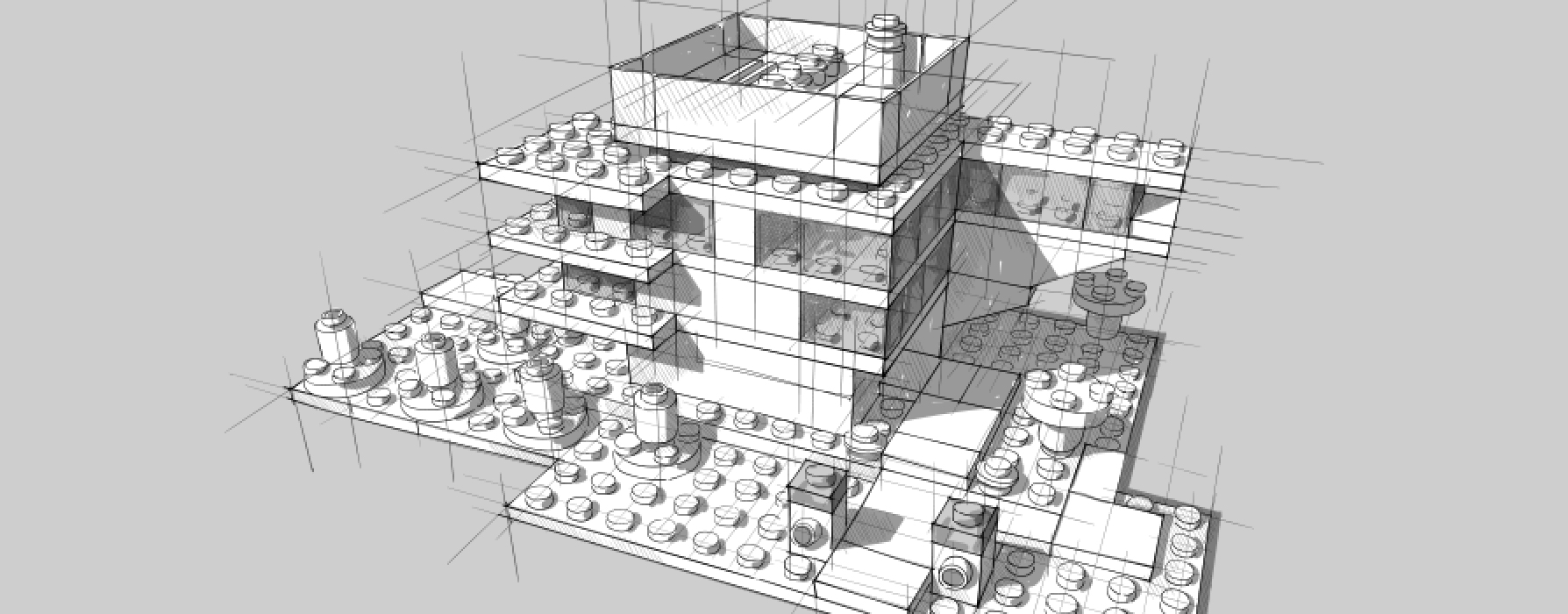Kerr Neilson outlines a basic framework and three key lessons for investing in the stock market.
The following is an extract from a presentation by Kerr Neilson, titled A Short Framework for Investing Your Own Money.
In the next 10 minutes or so, I shall try to provide you with a framework for investing your own money.
I will cover three topics ever so briefly:
- Firstly, crises are not as rare as you may think.
- Secondly, you need to have realistic expectations from your share investments.
- Thirdly, there are always opportunities - a brief case study.
With all the noise we get from the media, it is very easy to believe that we're facing one of the worst crises ever. It certainly won't be a walk in the park with government’s overspending and creating money, but it is important to go back in history to realise that the system eventually sorts itself out and after five or 10 years, the game will be ‘on’ again.
In fact, the US economy is littered with a large number of financial crises starting with the railway building manias in the early 1800s as the country expanded West, to the well-known contraction of the great depression of 1929-1933. In those 3.5 years, the economy contracted by close to 30% and prices fell by about a quarter. The same sort of pattern has been evident elsewhere and the workout tends to follow a saw-tooth type of recovery with lots of concern throughout!
Time doesn't permit me to elaborate but it is highly likely that these damaged economies will gradually be brought back onto an even keel principally achieved by the debasement of money. This process of sharing the burden is not attractive and if it is poorly executed, it will result in social dislocation, but this is too early to call.
A more interesting observation is that for all the turmoil, the trend in the last 110 years has been for real earnings to grow by 2% per annum. This single figure hides huge swings and even includes periods when earnings did not grow! More interesting still, is that even in periods were earnings have oscillated in a wide band but with no upward tendency, real returns from shares have been quite positive. Over this 110 year period, real returns from shares have been considerably higher than real earnings growth and have averaged 6% a year; in money terms, this was 9.2% a year in the case of the US stock market. In the first half of that period, returns were quite modest at around 3.5% real return but a full 9% real return in the second half because earnings were treated as more certain and shares were re-valued upwards. By contrast, over this long period bonds gave one a 2.1% real return and cash about a 1% real return.
Now this is important: of the 9.2% total return from shares over this 110 year period, nearly half came from the receipt of dividends.
The message from this section is that real earnings growth is much lower than many people believe and secondly, that the dividends play a very important part in rewarding shareholders for the risks they take.
I have sped through these first two points because the most important message I wish to convey is that the market always provides us with opportunities; come inflation, deflation, economic expansion or contraction, the behaviour of the crowds invariably results in imperfect pricing. At Platinum we try to exploit these by following two simple ideas.
Firstly, that the crowds tend to overemphasise the recent event. Secondly, there is a natural predisposition towards extrapolating the present situation far into the future.
Before giving examples of this, I would like to deliver a few key points.
1. The valuation of shares you propose to buy is critical; if you pay too much for a share you’re unlikely to make much money.
2. When assessing the price, it is essential to think about the sustainability of earnings and whether the earnings are being driven by temporary factors, which for example, are resulting in growth being above trend. Ask yourself whether margins are high or low and what allows them to stay where they are.
3. Be clear about the risks you are exposing your money to. This can be broken down into many categories; economic, financial, political, business type etc. For example, has your success herded you into an increasing exposure to Chinese dependent growth stories i.e. resource stocks. We saw at the turn of this century how excess exposure to tech stocks and the Internet damaged one’s wealth. Ask yourself about your currency sensitivities and the like.
Think carefully about the business you are buying. We have a preference for companies that can control their destiny, set their prices independently of their competitors because of their market position and so on. In a low growth environment this is particularly important. One useful way of assessing management is to compare what they say, to what they do and to look for shifts in the narrative where excuses or external factors are blamed.
4. Be patient and give your investment thesis time to work out but be decisive when the facts change. It is essential that you change your position if the facts have changed.
5. It is important to realise that the stock market owes you nothing. It is simply offering you a smorgasbord of opportunities; some are cheap and some are expensive. The cheap ones in our experience give you the best opportunities to make money so long as you can understand andsee through what appear to be blemishes. Lastly, it is not enough simply to be contrary and if the stock is cheap you must presume generally the market gets it right and an intelligent investor will start by trying to assess where he or she has got the wrong end of the stick.
Example:
We have made some good money on individual stocks during this crisis period by ignoring the noise. Into the teeth of the European crisis in the middle of last year, we bought a company that was highly sensitive to economic activity. We were driven principally by considerations of value and the fact that this business was almost impossible to replicate without spending a great deal of money. When DHL tried to break into the express delivery service in the US, it spent several years and a total outlay of about $8 billion and had to retreat ignominiously. The company we bought was of this nature by the name of TNT Express. It had around a fifth of the European market in fast delivery of parcels, was making around €400 million per year and became available in the market sell-off at under €2.5 billion. We figured that one of the American giants, FedEx or UPS, would be unable to resist acquiring TNT as the one part of their global network that was weak, was Europe. Within six months of buying a big position in TNT, we received a bid from UPS at over €8 per share; our entry price was around €5. Sure we were lucky that they made a bid at that time; we could have experienced a much longer holding period but the logic of our case was strong.
There have been several other opportunities coming out of this crisis in Europe which have been very profitable for us including a company by the name of Amadeus which is listed on the Spanish exchange and again, as the country faced miserable conditions, the opportunity arose to build a large position in a company that is arguably almost a monopoly in the global air travel booking system; subsequently the shares have risen by about 60%.
These war stories are not meant to convey our proficiency but to highlight the fact that in the teeth of a gale, opportunities arise. Hold your poise, do your work, remain independent in thoughts and action, and wealth will accrue.
DISCLAIMER: The above information is commentary only (i.e. our general thoughts). It is not intended to be, nor should it be construed as, investment advice. To the extent permitted by law, no liability is accepted for any loss or damage as a result of any reliance on this information. Before making any investment decision you need to consider (with your financial adviser) your particular investment needs, objectives and circumstances. The above material may not be reproduced, in whole or in part, without the prior written consent of Platinum Investment Management Limited.



